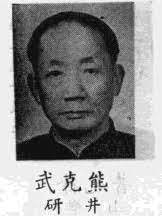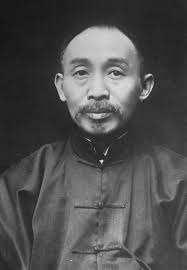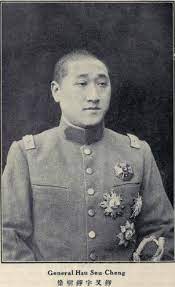Yang Sen (c.1887-), Szechwanese military and political leader who served as commander in chief of the Twenty-seventh Group Army and deputy commander of the Ninth War Area in 1938-44. He was governor of Kweichow in 1945-47 and mayor of Chungking in 1948-49. A native of Kuangan, Szechwan, Yang Sen was born into a scholarly family […]








